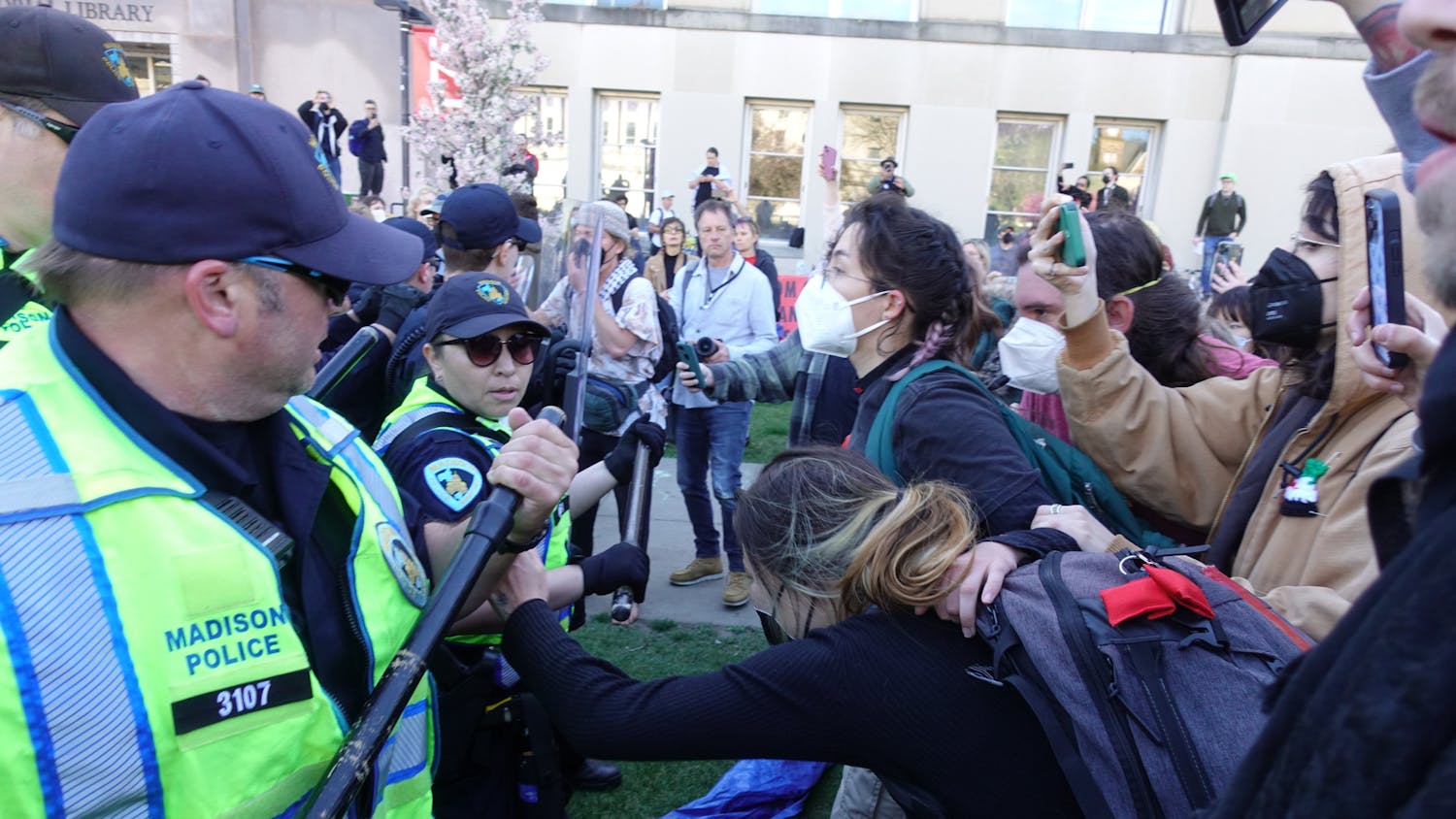Each week, The Daily Cardinal will be taking a look at down-ballot races throughout the state. This week we travel to central Wisconsin, where incumbent Republican Luther Olsen and Democrat Brian Smith are running to represent the 14th state Senate District.
In a sleepy corner of the Fox River Valley, two self-professed moderates are battling in a race which has major implications for Democratic hopes of taking back the state Senate.
State Sen. Luther Olsen, R-Ripon, has served since 2004 and survived a recall election in 2011 following his support of Act 10, which curbed public sector unions in the state.
He has come under fire for a 2013 vote to shield the lead paint industry from future lawsuits. That bill has garnered greater scrutiny after The Guardian reported that Harold Simmons, who ran a company making lead paint, donated $750,000 to the Wisconsin Club for Growth. That organization supported Gov. Scott Walker and Republican state senators facing recall, including Olsen.
Senate Democrats have seized on the controversy, calling it “pay-to-play.” Olsen has denied any wrongdoing in the matter.
“I voted for something in the budget and somebody else got some money,” he said last month. “That's not pay-to-play."
Olsen’s opponent, Waupaca Mayor Brian Smith, has also been caught up in controversy, with a GOP group alleging Smith used his work email for campaign purposes. Smith says he is a moderate alternative to Olsen’s policies.
“I’m not a conservative, tea party individual and I’m just as far away from being a liberal socialist,” Smith told the Waupaca County News. “I’m in-between, which makes me a moderate.”
Olsen, a member of the powerful Joint Finance Committee, said he was committed to passing a budget which “reflects the priorities of the people.” He noted he wants to ensure the state’s public schools are using their funds wisely.
“Just to do what you’ve always done, you need more money,” Olsen told WisconsinEye. “The biggest question is, are we using those dollars wisely?”
Smith said properly investing in education is necessary to ensure well-trained workers.
“The cuts to education have been made at the university level, all the way down to our public schools,” Smith said. “We need to fund schools properly. A good education means a skilled workforce.”






